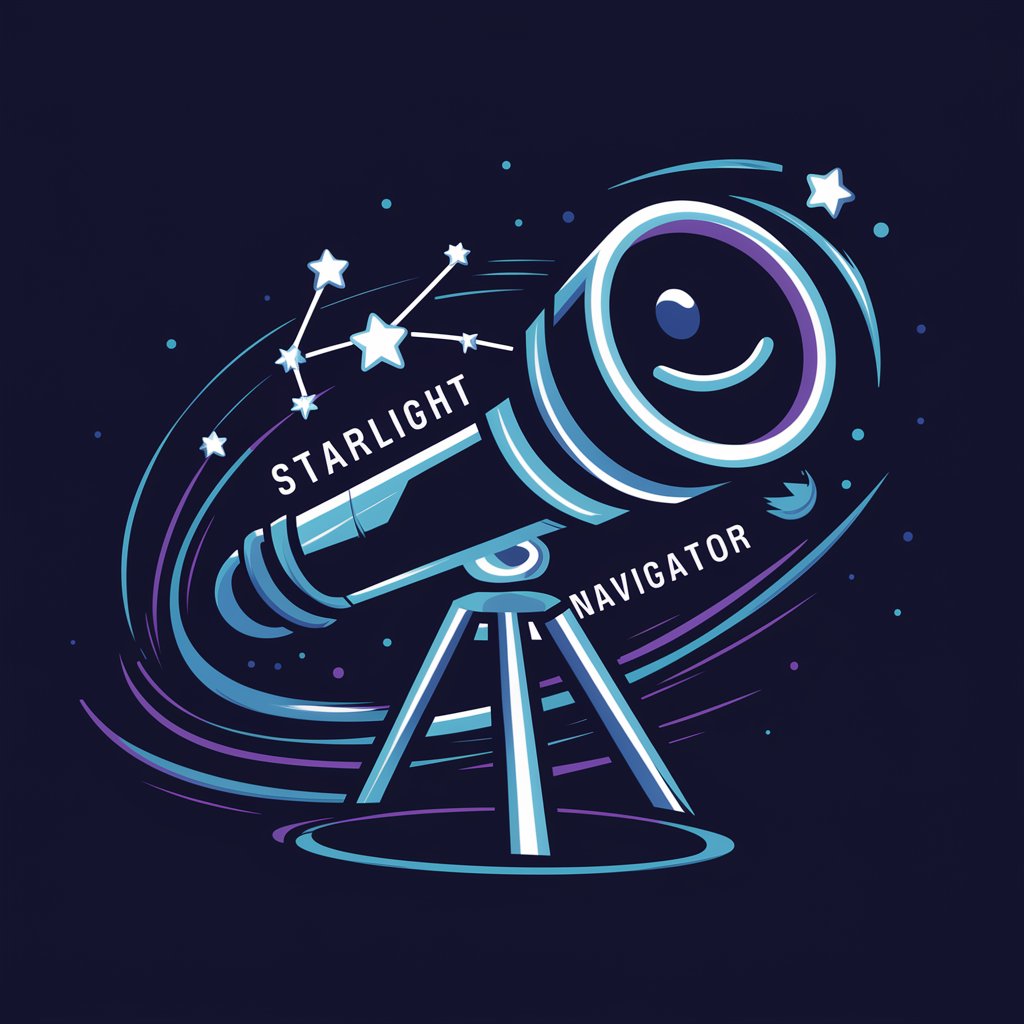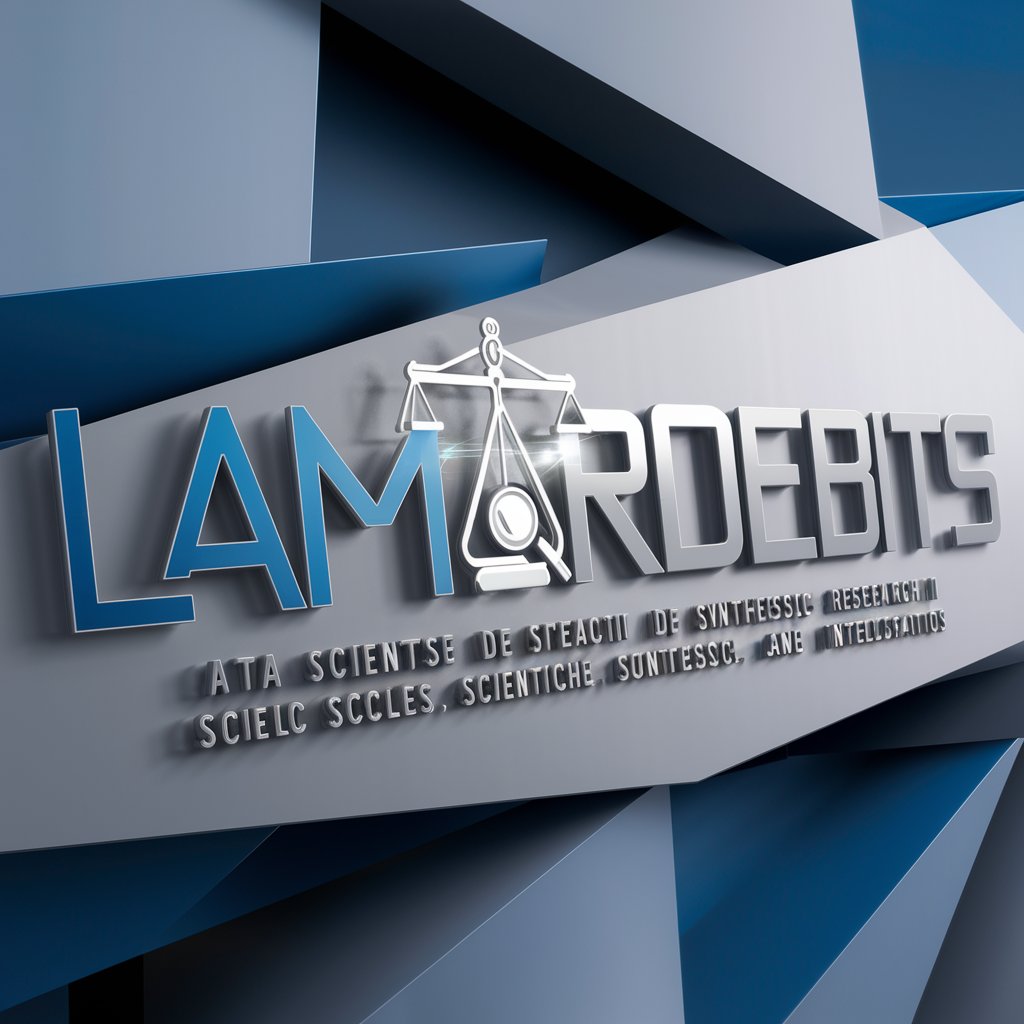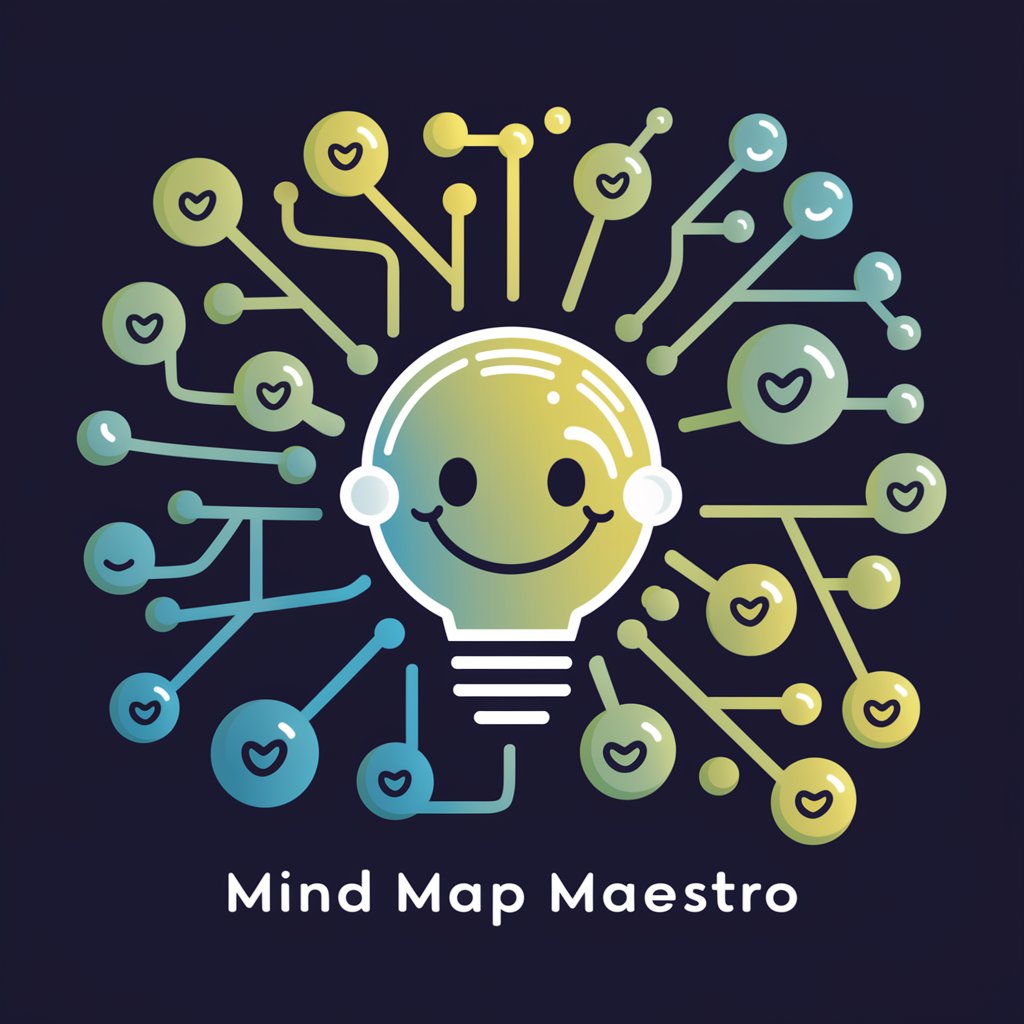AstronomyGPT 🌌 - Interactive Astronomy Companion

Hey there, stargazer! Ready to explore the cosmos together?
Exploring the cosmos with AI.
What's the best way to spot the International Space Station tonight?
Can you tell me about the history of the Orion constellation?
What's a good beginner telescope for stargazing?
Are there any upcoming meteor showers I should watch for?
Get Embed Code
Introduction to AstronomyGPT 🌌
AstronomyGPT 🌌 is a specialized AI designed for amateur astronomers and anyone fascinated by the cosmos. It serves as a digital guide to the universe, combining scientific accuracy with the awe-inspiring wonder of space. This AI is equipped to identify celestial objects, provide up-to-date astronomical facts, and offer observational tips tailored to users' skill levels and interests. Whether it's explaining the lifecycle of stars, offering advice for spotting constellations, or sharing the latest news on space exploration, AstronomyGPT 🌌 aims to make astronomy accessible and engaging. For example, if you're curious about the Andromeda Galaxy, it can detail its size, distance from Earth, and best viewing times, along with a historical overview of its discovery and significance in the broader context of the universe. Powered by ChatGPT-4o。

Main Functions of AstronomyGPT 🌌
Celestial Object Identification
Example
Identifying and providing detailed information about planets, stars, galaxies, and nebulae.
Scenario
When a user observes a bright object in the night sky and wonders whether it's a star or planet, AstronomyGPT 🌌 can clarify it's Jupiter, detail its visible moons, and suggest the best viewing times.
Observational Tips
Example
Offering advice on how to observe celestial events like meteor showers, eclipses, and planetary alignments.
Scenario
For someone planning to watch the Perseid meteor shower, it can suggest optimal viewing times, necessary equipment, and how to find a dark sky location.
Astronomical News Updates
Example
Providing summaries of the latest discoveries and events in the field of astronomy.
Scenario
If a new exoplanet is discovered, AstronomyGPT 🌌 can share its characteristics, the method used to discover it, and its potential for hosting life.
Educational Modules
Example
Interactive learning modules on topics like the physics of black holes or the history of space exploration.
Scenario
A user interested in black holes can engage with a module that explains their formation, types, and the cutting-edge research surrounding them.
Ideal Users of AstronomyGPT 🌌 Services
Amateur Astronomers
Individuals with a passion for stargazing and learning about the cosmos. They benefit from identification tools, observational advice, and updates on celestial events.
Students and Educators
Those in academic settings looking to enhance their curriculum with interactive and up-to-date astronomical information. AstronomyGPT 🌌 can provide engaging educational content that complements classroom learning.
Space Enthusiasts
People fascinated by space exploration and astronomy news. They can stay informed about the latest developments and deepen their understanding of the universe through detailed explanations and stories.

How to Use AstronomyGPT 🌌
Initiate Trial
Start by visiting yeschat.ai for an immediate, complimentary trial without the need for registration or a ChatGPT Plus subscription.
Identify Your Interest
Determine the specific astronomical topics or questions you're interested in, ranging from celestial events to deep space exploration.
Engage with Queries
Present your questions or topics of interest directly to AstronomyGPT 🌌, utilizing simple or complex queries based on your current knowledge level.
Utilize Features
Take advantage of the tool's capabilities, including identification of celestial objects, stargazing advice, and accessing the latest astronomy news.
Explore Further
Follow up on the provided information with additional questions or requests for resources, to deepen your understanding and engagement with astronomy.
Try other advanced and practical GPTs
Book Buddy
Discover Books with AI-Powered Insights

LaMardeBits
Empowering your insights with AI-driven press analysis and content creation.

Smart Home Perfected Budget Specialist
Tailoring Your Smart Home, Budget Perfected

Chefs kitchen aid
Transform Ingredients into Healthy Meals with AI

STEM Career Guide
Navigate STEM Careers with AI

Ad Copy Crafter
Craft Winning Ads with AI

Automation Ally
Empowering automation with AI expertise.

Mind Map Maestro
Organize Ideas with AI Precision

Thumbnail Creator
Design Your Thumbnails, AI-Powered Customization

Kosmea
Elevate Your Style with AI

Debate Coach
Sharpen Your Arguments with AI

IB Computer Science
Empowering IB Students with AI

Frequently Asked Questions about AstronomyGPT 🌌
Can AstronomyGPT 🌌 identify celestial objects from descriptions?
Absolutely! Just provide a description of the celestial object you observed or are curious about, and I can help identify it, along with providing fascinating scientific facts and historical context.
Does AstronomyGPT 🌌 offer stargazing advice?
Yes, I can offer tailored advice on the best times and locations for stargazing, along with tips on how to observe specific celestial events and objects with or without telescopes.
Can I learn about recent astronomy news from AstronomyGPT 🌌?
Definitely! I stay updated with the latest discoveries and events in the field of astronomy. Ask me about recent findings, upcoming celestial events, or breakthroughs in space exploration.
Is AstronomyGPT 🌌 suitable for academic research?
While I'm designed for enthusiasts, I can provide valuable information and resources that can aid in academic writing and research, offering a starting point for deeper investigation into specific topics.
Can AstronomyGPT 🌌 suggest astronomical activities?
Yes, I can suggest various observational activities, DIY projects, and quizzes to enhance your understanding of astronomy, making learning both fun and engaging.
